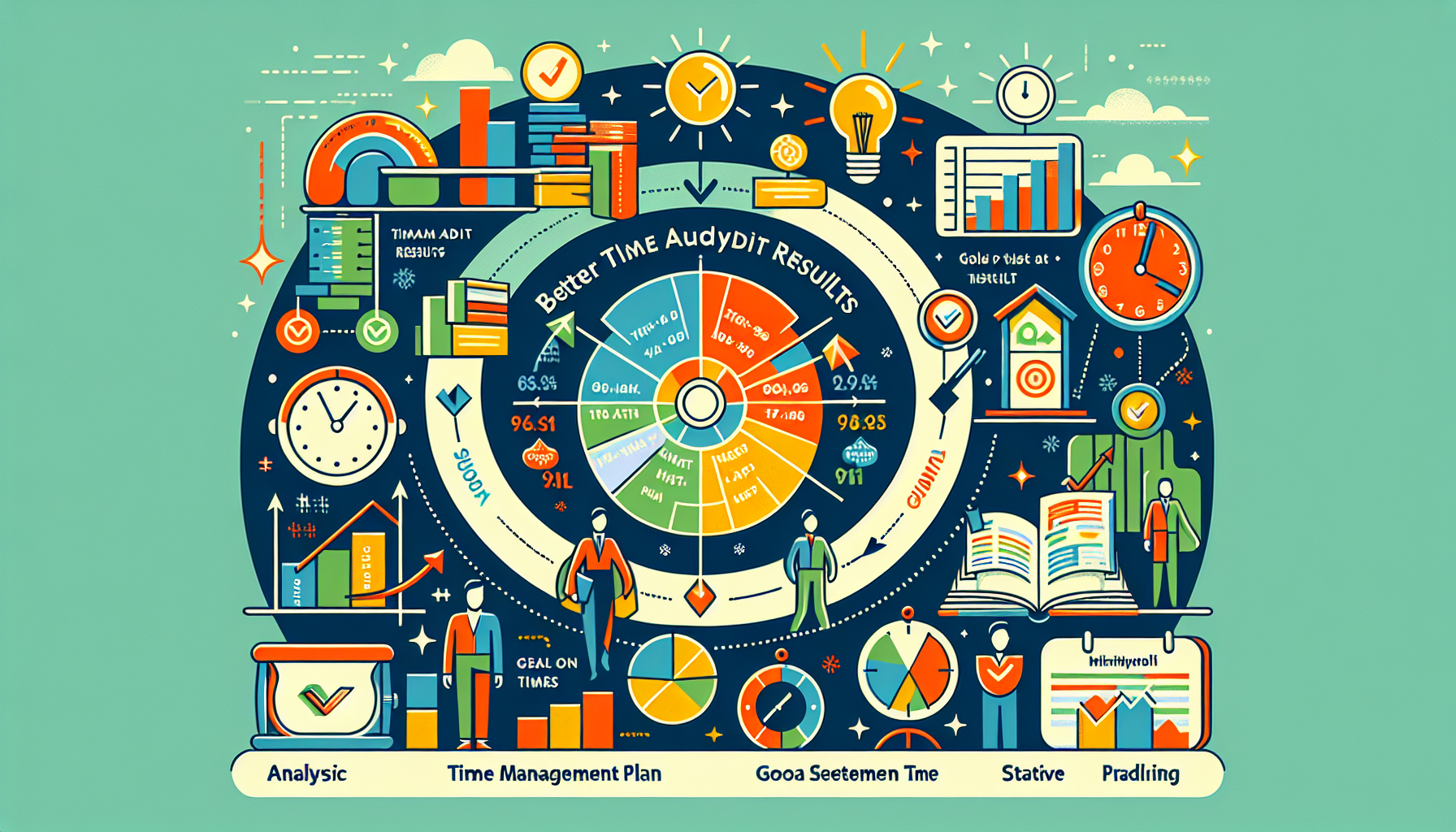Overcoming Impostor Syndrome and thriving in personal and professional life is a journey many individuals seek to embark on. This course provides an in-depth exploration of identifying, understanding, and combating the feelings of fraudulence that characterize impostor syndrome. Through practical strategies, real-life anecdotes, and empowering exercises, learners are guided to build lasting confidence, recognize their achievements, and diminish the power impostor syndrome has over their lives. Join us as we delve into this transformative journey, armed with tools and insights to reclaim your self-worth and excel unburdened by doubt.
Lesson 1

Understanding Impostor Syndrome: A Comprehensive Guide
Impostor syndrome is a psychological occurrence where individuals doubt their accomplishments and fear being exposed as a “fraud.” It affects many people across various professions and walks of life. The journey to overcoming impostor syndrome begins with understanding its roots, manifestations, and the strategies to combat it. In this article, we will delve into the intricacies of impostor syndrome, providing you with a solid foundation to recognize and tackle it head-on.
The Essence of Impostor Syndrome
Impostor syndrome can manifest in multiple ways, often triggering feelings of self-doubt, anxiety, and a crippling fear of failure. Despite evidence of their competence, individuals experiencing impostor syndrome remain convinced they do not deserve their success, attributing it to luck or timing rather than their capabilities.
Identifying the Types of Impostor Syndrome
Understanding the different types of impostor syndrome is crucial. They include the Perfectionist, the Superwoman/man, the Natural Genius, the Soloist, and the Expert. Each type highlights a unique pattern of thought and behavior that feeds into the impostor cycle.
The Psychological Underpinnings
Impostor syndrome is deeply rooted in our psychological makeup. Factors such as upbringing, personality, and even societal pressures can influence how and why impostor feelings emerge. Recognizing these triggers is the first step towards addressing the underlying issues.
Real-Life Stories of Overcoming Impostor Syndrome
Many successful individuals have battled and overcome impostor syndrome. By sharing their stories, we learn that these feelings are universal and surmountable. Such narratives serve as powerful reminders that we are not alone in this fight.
Self-Assessment: Identifying Personal Impostor Tendencies
To combat impostor syndrome effectively, identification is key. Engaging in self-assessment can help pinpoint specific impostor tendencies, laying the groundwork for personalized strategies to overcome them.
Understanding impostor syndrome is the first crucial step in overcoming it. By recognizing the signs, learning about its various types, and listening to others’ experiences, we can begin to dismantle the impostor feelings that hold us back. Remember, the journey towards overcoming impostor syndrome is a personal and unique experience for everyone. Acceptance, coupled with effective strategies and a supportive community, paves the way toward reclaiming confidence and acknowledgment of our true worth and capabilities.
Lesson 2

Strategies to Combat Impostor Syndrome
Combating impostor syndrome is crucial for personal growth and professional success. This psychological pattern, where individuals doubt their accomplishments and have a persistent internalized fear of being exposed as a “fraud,” can hinder one’s ability to embrace their successes fully. Thankfully, there are effective strategies and approaches to diminish its impact and reclaim your confidence. In this article, we’ll explore practical methods to combat impostor syndrome, ensuring you navigate this challenge with greater ease and resilience.
Understanding the Impact of Cognitive Behavioral Techniques
Cognitive Behavioral Techniques (CBT) are powerful tools in reshaping negative thought patterns, including those associated with impostor syndrome. By identifying and challenging one’s detrimental self-talk, individuals can start to view their abilities and successes in a more realistic and positive light.
Embracing the Power of a Support System
Never underestimate the value of a robust support system. Surrounding yourself with mentors, peers, and professionals who understand your journey and offer constructive feedback and encouragement can be incredibly empowering. This network serves as a reminder that you’re not alone and that your feelings of fraudulence are unfounded.
Setting Realistic Goals and Celebrating Achievements
Setting achievable goals and acknowledging every win, no matter how small, can progressively build your confidence. This practice counteracts impostor syndrome by reinforcing the fact that your accomplishments result from your efforts and skills, not mere luck or deception.
Practicing Mindfulness and Stress-Relief Strategies
mindfulness techniques can center and ground you, reducing anxiety and stress related to impostor syndrome. Regular practice can enhance your mental Well-being, helping you maintain focus on your abilities and the present moment rather than fears of inadequacy.
Group Discussions: A Tool for Mutual Support
Engaging in group discussions about impostor syndrome offers multiple perspectives and strategies on overcoming it. Sharing experiences can validate your feelings and introduce you to new coping mechanisms, all within a supportive community.
Incorporating these strategies into your daily life can significantly mitigate the effects of impostor syndrome, enabling you to embrace your successes confidently. Remember, the journey to overcoming impostor syndrome is continuous and requires patience, self-compassion, and a willingness to push beyond your comfort zone. By applying cognitive behavioral techniques, seeking support, setting attainable goals, practicing mindfulness, and engaging in communal dialogues, you’re well on your way to overcoming impostor syndrome and fully acknowledging your worth and achievements.
Lesson 3

Building Confidence and Thriving Beyond Impostor Syndrome
Impostor syndrome often leaves individuals feeling as though they don’t deserve their success, overshadowing their achievements with doubt. However, it’s possible to build confidence and thrive, moving beyond the shadows of impostor syndrome. This transformation requires a shift in perspective, recognizing your capabilities, and acknowledging your achievements. Let’s explore practical steps to achieve this, ensuring impostor syndrome no longer holds you back.
Developing a Positive Self-Image
Creating a positive self-image is crucial in combating impostor syndrome. Begin by acknowledging your skills, accomplishments, and the value you bring. Regular self-affirmations can reinforce your self-worth, gradually building a stronger, more positive view of yourself.
Embracing the Role of Feedback
Feedback is a powerful tool for growth, yet it can be daunting for someone battling impostor syndrome. Learning to give and receive feedback constructively is essential. It offers opportunities for improvement and personal development, eventually boosting your confidence.
Creating a Success Portfolio
A success portfolio is a tangible collection of your achievements, accolades, positive feedback, and personal milestones. This portfolio serves as a constant reminder of your abilities and successes, especially during moments of doubt.
- Gather letters of recommendation, awards, positive evaluations, and any other tokens of achievement.
- Include personal victories, however small they might seem, as they contribute to your growth.
Long-Term Strategies for Personal Growth
Overcoming impostor syndrome and building confidence is an ongoing process. It involves setting realistic goals, seeking out challenges, and continuously learning. Embrace opportunities that push your boundaries, as these experiences are crucial for growth and self-assurance.
As you implement these strategies, remember, building confidence is a journey, not a destination. Impostor syndrome doesn’t disappear overnight, but with consistent efforts, you can diminish its effects and thrive, appreciating your successes and looking forward to future achievements.
Impostor Syndrome no longer needs to be a barrier to personal growth and professional achievement. With the insights, strategies, and practical exercises provided in this course, participants are well-equipped to confront and tackle these feelings of self-doubt. Reinforcing a positive self-image, embracing feedback, and celebrating every achievement are cornerstones to building confidence and thriving. As you continue to apply these principles in your daily life, remember the journey of overcoming impostor syndrome is unique to each individual and requires persistence and self-compassion. To evaluate your understanding and further solidify your learning, a 10 question quiz is available below this conclusion. Embrace the journey ahead, confident in your ability to overcome impostor syndrome and reach new heights of success.
Test Your Knowledge With this short Quiz
Click here to copy your score to share on facebook!







